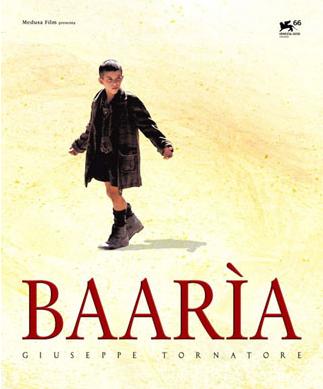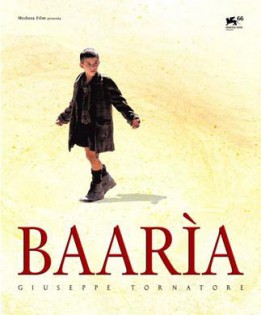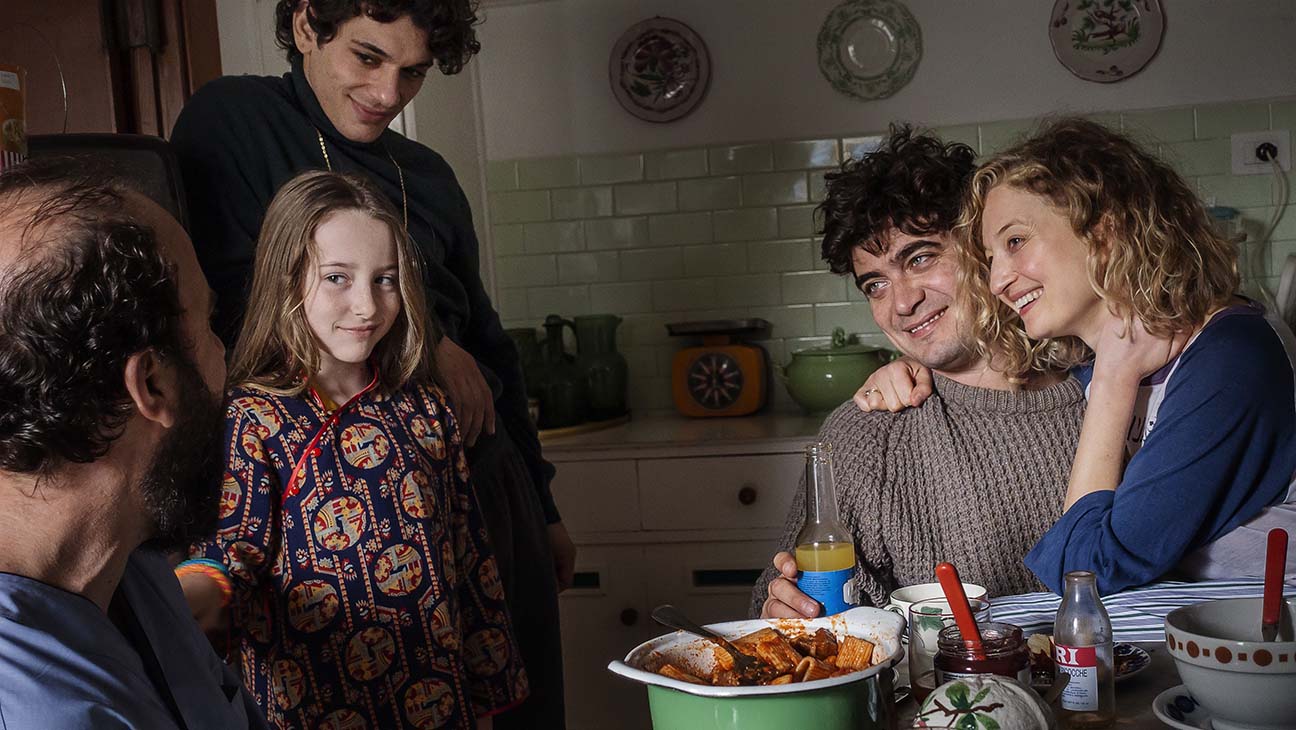The 66th Venice Film Festival was opened by Baaria, the new film from Oscar-winning director Giuseppe Tornatore.
The $30 million budget film, which is one of the most expensive films made in Italy in recent years stars Francesco Scianna and newcomer Margaret Made in the lead roles, alongside a cast of 200 Italian actors including Monica Bellucci, Raoul Bova and Michele Placido.
The director, who won the Best Foreign Film Oscar for Cinema Paradiso in 1990, has said the film is not autobiographical but he describes it as his “most personal” to date.
Plot details are sketchy but it is understood the epic will draw on humour and will span three generations in Sicily. The film is set in the Sicilian film-maker’s home town of Bagheria, which in Sicilian dialect is pronounced Baaria.
He make two versions of the film – one in local dialect for Sicilian and international distribution and an Italian version for the rest of Italy. It was partly shot in Tunisia.
Baaria was produced and is distributed by Medusa film with an Italian release date set for September 25. Summit Entertainment holds international rights.
The Venice Film Festival run from September 2 to September 12.
It’s tough for any director to make the film that comes to define his career so early in his life. It must be particularly galling for Giuseppe Tornatore, whose second feature, Cinema Paradiso (1988), scooped him an Oscar and was universally adored for its richly textured reminiscence and its sun-drenched sentimentalism. It was the ultimate love letter to the movies and it established Tornatore as the man to look to for foreign language cinema that could cross over even to people who would normally rather boil their own eyes than read a subtitle.
Unfortunately, nothing Tornatore has done since has had anything like the international impact or generated the emotional loyalty that his sophomore effort commands. His latest, the mythic, multigenerational epic Baaria, which opened the Venice Film Festival last night, shows no lack of ambition and sweeping scope, but lacks the magical intimacy that disarmed so many Cinema Paradiso fans around the world.
Baaria is the name that the locals give to Bagheria, the town in the Palermo province of Sicily where Tornatore was born and lived until the age of 28. It’s fair to assume then that this vast, rambling scrapbook of memories is largely autobiographical. Three generations of one family form the spine of a narrative that is infuriatingly distracted, forever wandering off on odd, pointless tangents. One moment one of the key characters is riding on the roof of a train, apparently leaving town. In the very next shot, he’s back at home with his family as if nothing happened. Monica Bellucci turns up for two scenes only, and has no dialogue (although to be fair, she does very generously expose her left breast to a class of awe-struck schoolboys). It’s a little like being told a story by an easily distracted child.
Cicco is a shepherd renowned for his formidable teeth. He exercises them by threatening to bite local landowners. His son Peppino (Francesco Scianna) is governed by two great passions — communism and the lovely Mannina (model Margareth Made) who marries him against the will of her parents, bearing him five children. One of these is Pietro, who, since he is usually seen clutching a stills camera, is presumably Tornatore’s alter ego in the film.
Tornatore has gone all out to create the kind of all-enveloping, exuberant chaos that is clearly intended to sweep the audience along on a wave of goats, cattle and excitable shouting. The camera swoops constantly on over-blown crane shots; everything, from organised crime to acute poverty, is dusted with twinkling nostalgia.
It’s inoffensively middle-brow to the point of desperation.







tesunsuro<br /><a href="http://avsKekdncsk.com" rel="nofollow">ybpg</a>
I loved it. My whole family watched it. It was a bit raw or confusing at times but we caught on. There are so many fantastic nuances in this film. He didn't miss anything. We heard stories about our Grandparents past and this brought many stories, similar in some respects to life.